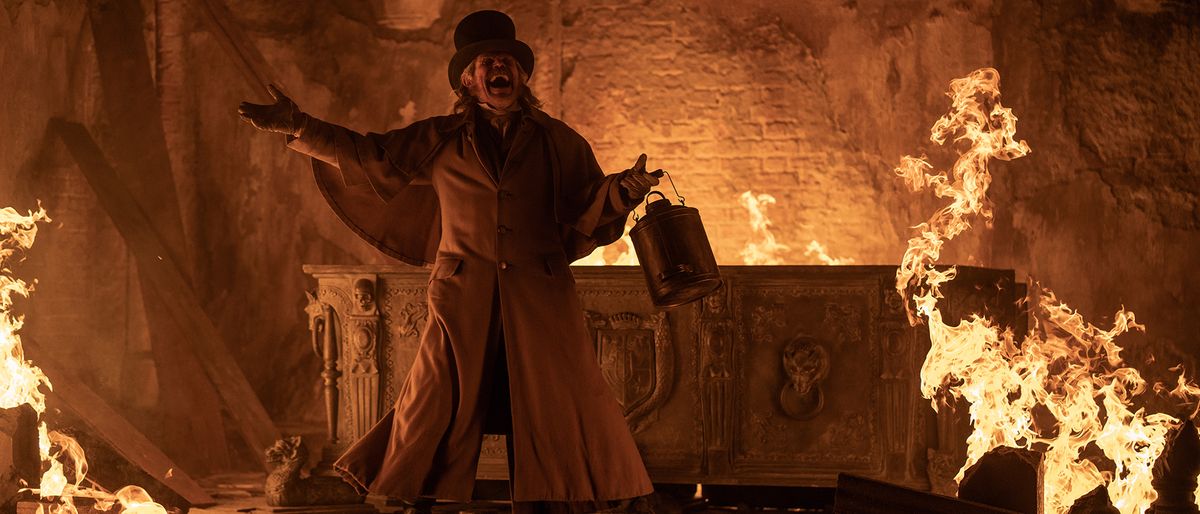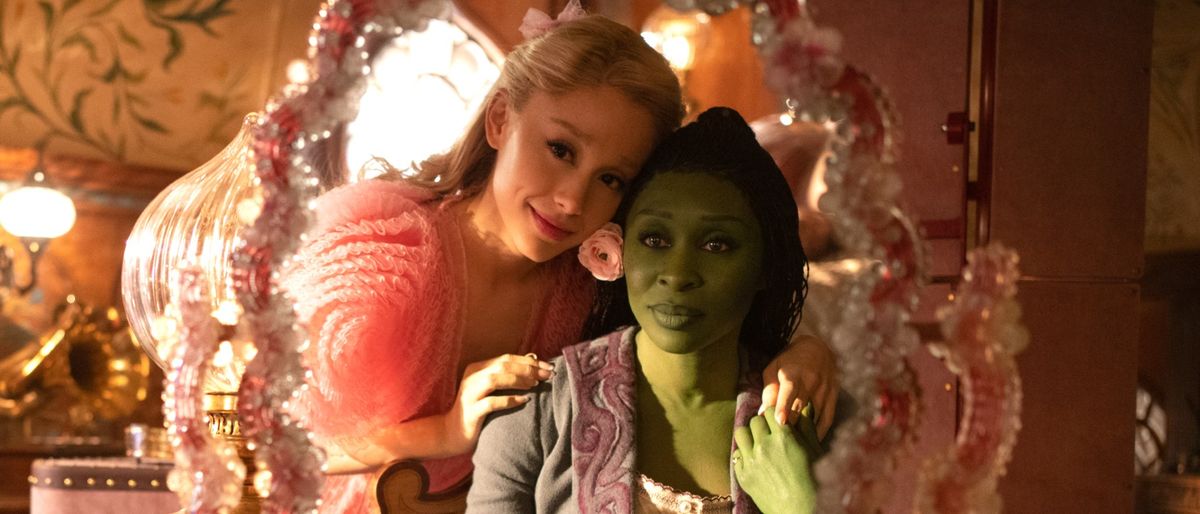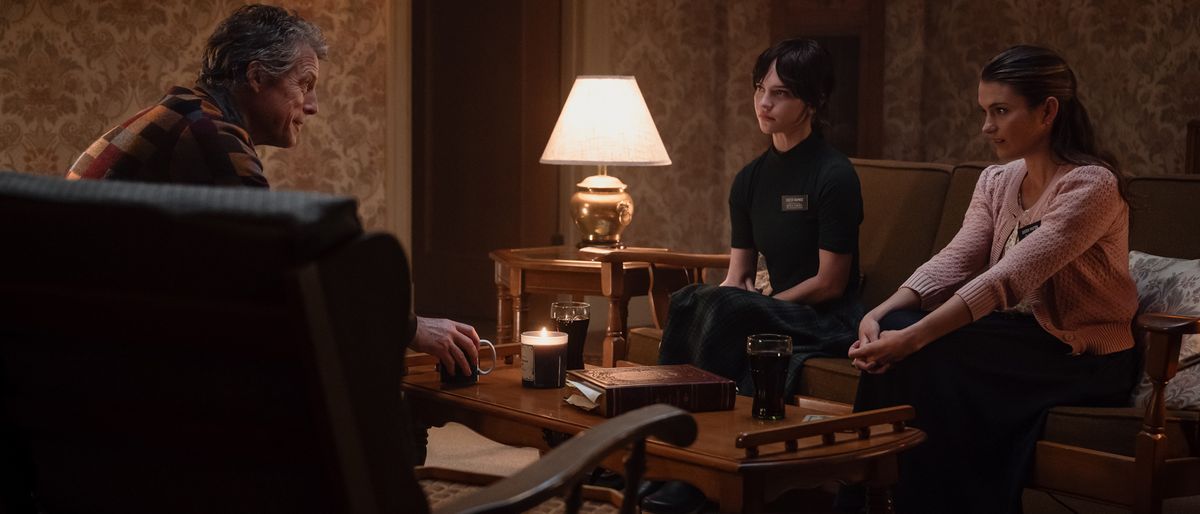
Phantom Thread wears its period-piece style convincingly, that includes a severe (and maybe closing) efficiency from actor Daniel Day-Lewis as a couturier to British aristocrats of 1950s London. But it’s a disguise: Underneath the floor, a Paul Thomas Anderson psychological drama ultimately unravels, although its thrilling pulse could also be nearer to Hitchcock.
The story facilities on Day-Lewis’ character, Reynolds Woodcock, who enjoys each success as a spirited, meticulous genius dressmaker—and the way his life modifications slowly however dramatically with the arrival of Alma (Vicky Krieps). After “discovering” her on the Victoria Hotel in Robin Hood’s Bay, Woodcock whisks Alma away to London to be his mannequin, inspiration, and mistress. But rejection and heartbreak loom on the horizon, because the opening scene depicts the dismissal of his former muse, Joanna. She forecasts Alma’s anticipated future.
Rather than acquiesce to the draconian guidelines of the family of Woodcock and his sister Cyril (Lesley Manville), Alma stands up for herself. She fights for her proper to talk when Woodcock’s fixed work calls for silence, and for her proper to have her personal preferences. But their love affair quickly turns right into a nuanced energy battle. In her personal proper, she means to penetrate his chilly exterior and revel in his tenderness. But whereas the steadiness of management is on the coronary heart of each marriage, the movie by no means permits you to neglect the social imbalances at play.
Although it’s by no means stated the place she is from, Alma has an accent. She was a waitress earlier than Woodcock met her. And indirect particulars, similar to conversations about having bought visas to Jews post-World War II, arrange the truth that Alma has been invited right into a world the place she doesn’t belong. Judging this divide is Woodcock himself, who will get to resolve who has the social standing to put on his clothes and who doesn’t.
Anderson reprises his position because the breaker of illusions and romanticized goals in his newest film. In Boogie Nights, he tackled the lonely, graphic penalties of the adult-film business; extra not too long ago, he seemed on the isolation and violence behind the ambition of capitalism in There Will Be Blood. In Phantom Thread, the phantasm is the perfection of style and wealth. Jonny Greenwood’s stunning, tension-filled, and angst-heavy rating, nonetheless, laces its tone with the required unease.
Woodcock is probably the most eloquent proponent and smooth-talking salesmen for the film’s sense of phantasm. Early on, as he pitches a marriage gown to a princess, he doesn’t simply describe the gown; he describes what it represents, what sort of life she is going to dwell in it. It’s the identical way of life that Alma and the viewers each dream about. Magnificent townhomes and events. Beautifully orchestrated scenes of Woodcock and his workforce of seamstresses creating clothes. Woodcock tells Alma that he finds her distinctive physique good. But behind every supreme is the manipulation and management of the sewer, the dreamer, the lover.
Source


